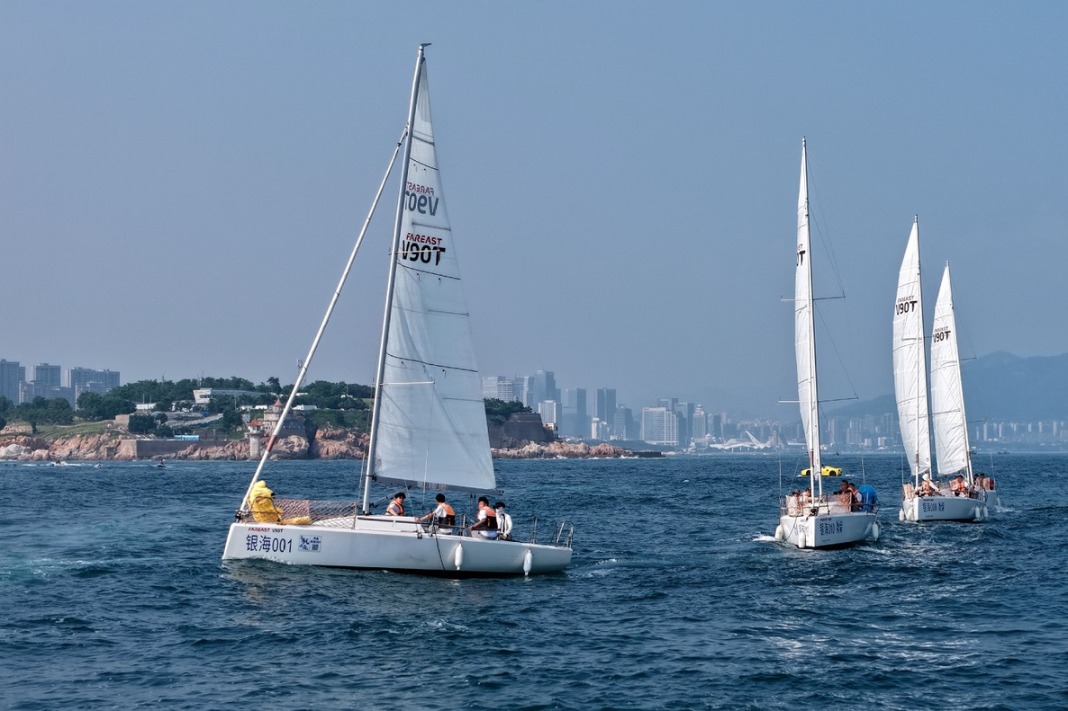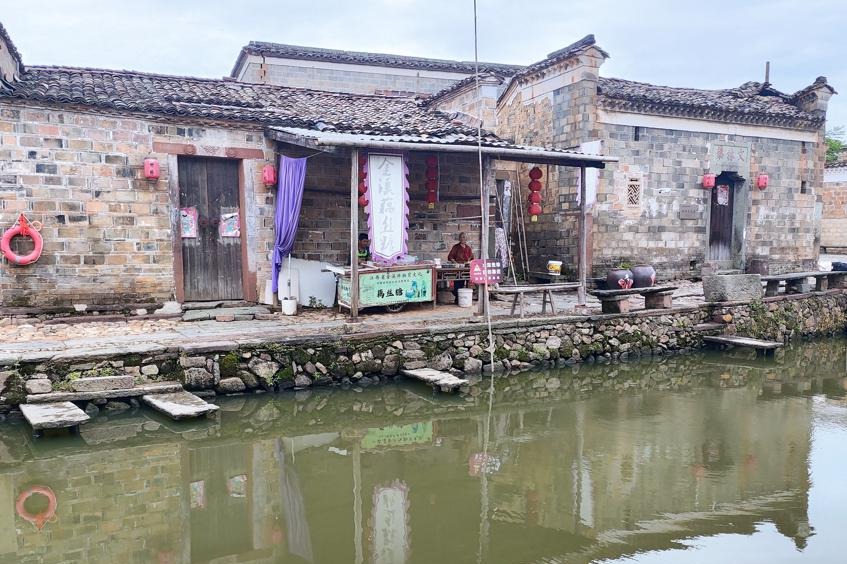Philippines sees GBA, RCEP as sound bets

Describing the 15-member-nation Regional Comprehensive Economic Partnership as a "game changer" for the Philippines, Alferez said joining the world's largest free-trade agreement will translate into an additional 1 percent in the country's GDP growth and will likely reduce poverty by roughly 5 percent by 2030, citing economic studies.
A major benefit of the RCEP to the Philippines is that "it will keep us in the regional and the global supply chain", enabling its small and medium-sized enterprises to enjoy more trade facilitation policies and enhance their global competitiveness, he said, adding that the RCEP free-trade agreement accounts for 51 percent of the nation's exports, around 68 percent of its imports and 58 percent of its foreign direct investment.
The Philippines has yet to ratify the RCEP, which came into effect on Jan 1. "Given the strong support from our policymakers, the business community and academia, I think we can expect our Senate to finally provide the concurrence to complete the process of ratification in the first quarter of this year, hopefully, before the upcoming national elections in May," he said.
- Beach of Fujiazhuang Park in Dalian attracts tourists to cool off
- Across China: Former site of CPC's first polytechnic institution for higher education opens to public
- China prosecutes 21 key members of telecom fraud crime group in northern Myanmar
- Cruising event held in Qingdao to celebrate 20th anniv. of establishment of Maritime Day of China
- China's Xizang launches first regular all-cargo air route
- Vice-premier urges continued efforts in China's flood control, disaster reduction




































